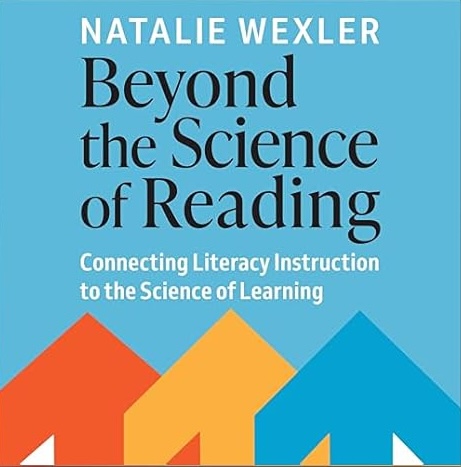
Over at A Chemical Orthodoxy, Adam Boxer explores the crucial distinction between novices & experts.
In particular, he offers some helpful diagrams to depict key differences. Not only do novices and experts know different facts and feel at ease with different procedures. They think very differently about the facts and procedures they know.
A few of Adam’s essential conclusions:
Experts notice features and meaningful patterns of information that are not noticed by novices…
Experts are able to flexibly retrieve important aspects of their knowledge with little attentional effort…
Though experts know their disciplines thoroughly, this does not guarantee that they are able to teach others…
Novices & Experts: The Teaching Implications
First: We can’t teach novices by treating them like experts. They won’t learn what we want them to learn, because they don’t yet think like experts.
In fact, as this famous chess study demonstrates, they don’t even notice the same things that experts see. Even before they think about the world, experts literally perceive the world differently. (I’m an English teacher, so when I say literally, I mean literally.)
Second: This insight gives teachers a clear goal.
To lead our students to ultimate expertise, we want them to know the facts, procedures, and patterns essential to a particular discipline.
Adam’s article gives two helpful examples of exactly this work. How do we help novices become experts in English? In Geography? And—by extension—the topics you teach? Check out the link above.
Novices & Experts: Project Pedagogies
Third: Some pedagogical strategies that sound good just might not work.
“Authentic assessment,” for example, has a nice ring to it, and plenty of authentic assessments can motivate students to learn deeply.
At the same time, some authentic assessments might ask novices to behave like experts. If my senior elective in business economics asks my students to start a business…there’s a real danger here. This expectation might require more expertise of my novice learners than they can plausibly demonstrate.
To return to the list above:
They might not yet notice patterns of employee or consumer behavior that experts would spot in a second…
They might need LOTS of attentional effort—far more than they plausibly have to spare—to pull up essential information from different places. Clearly, they have to consider payroll, marketing strategies, the lease they’re negotiating, and the applicable state laws…
My own expertise in running a business doesn’t necessarily mean that I’ve explained any of those points clearly enough in the first place.
If you run across a teaching philosophy that asks novices to think like experts, you should at least ask hard questions.
Better yet: revise its expectations so that the novices we teach can make the gradual progress that least ultimately to expertise.
If you’d like to read further on this topic, Chapter 6 of Daniel Willingham’s Why Don’t Students Like School? will guide you well. It’s grounding principle: “Experts think differently from novices.”






